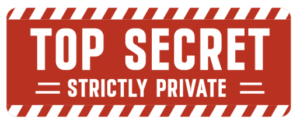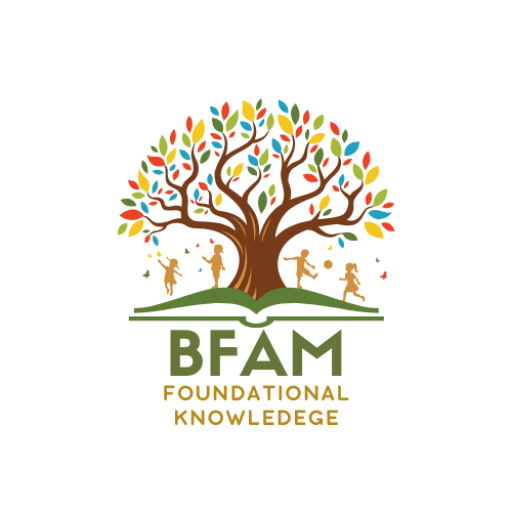How to Learn Anything and Everything: Your Ultimate Guide
Learning something new can feel overwhelming, whether it’s mastering a language like Chinese, French or German, picking up a new skill like software programming, or even diving into a new business industry like real estate. The good news? The secret to learning anything lies in breaking it down into manageable steps and practicing consistently. Let’s explore how you can tackle any subject or skill with ease.

The Power of Breaking It Down
The first step in learning anything is to break it down into smaller, digestible tasks. This approach makes the process less daunting and allows you to focus on one thing at a time. For example:
- Languages: Instead of trying to learn an entire language at once, start with basic vocabulary and phrases. Gradually move on to grammar and sentence structure.
- Software Programming: Begin with understanding the syntax of a programming language. Write simple programs before tackling complex projects.
- Riding a Bike or Motorcycle: Start with balance exercises, then practice pedaling or accelerating in a safe environment.
By breaking tasks into smaller steps, you can build a solid foundation and gradually progress.
The Importance of Steady Practice
Once you have your steps laid out, the next crucial element is consistent practice. Here’s how to make it effective:
- Daily Commitment: Set aside time each day to practice. Even 15-30 minutes can lead to significant progress over time.
- Slow and Steady Wins the Race: Don’t rush through the steps. Allow your body and mind to absorb the information. For instance, when learning to play the piano, focus on mastering one piece before moving on to the next.
- Muscle Memory: Repetition is key. The more you practice, the more your body will remember the movements, whether it’s playing an instrument, riding a bike, or performing a car repair.
Progressing Through the Levels
As you practice, you’ll notice your skills improving. Here’s a general progression you can expect:
- Novice: Just starting out, learning the basics.
- Beginner: Gaining confidence and starting to apply what you’ve learned.
- Intermediate: Understanding more complex concepts and techniques.
- Advanced: Mastering skills and beginning to teach others.
- Mastery: Achieving a high level of proficiency and creativity in your chosen area.
This progression is not linear; you may find yourself moving back and forth between levels as you encounter new challenges.
Finding a Mentor
Having a mentor can significantly enhance your learning experience. A mentor can provide guidance, share their experiences, and help you navigate challenges. Here’s how to find one:
- Networking: Attend workshops, seminars, or online forums related to your area of interest.
- Ask for Help: Don’t hesitate to reach out to someone whose work you admire. Many people are willing to share their knowledge and help others grow.
Personal Development: EQ and IQ
Learning isn’t just about acquiring new skills; it’s also about personal growth. Focus on developing both your emotional intelligence (EQ) and intelligence quotient (IQ). This can enhance your learning process and improve your interactions with others.
- EQ: Work on understanding your emotions and those of others. This can help you in collaborative environments, like team sports or group projects.
- IQ: Engage in activities that challenge your cognitive abilities, such as playing chess or solving puzzles.
The Big Takeaway
The secret to learning anything and everything is simple: break it down, practice consistently, and be patient with yourself. Whether you’re learning a new language, mastering a musical instrument, or exploring a new industry, remember that progress takes time.
Start today by choosing one skill you want to learn. Break it down into steps, set aside time for daily practice, and enjoy the journey. You’ll be amazed at how far you can go with steady effort and a little patience!
Now, what’s the first skill you’re excited to tackle?

